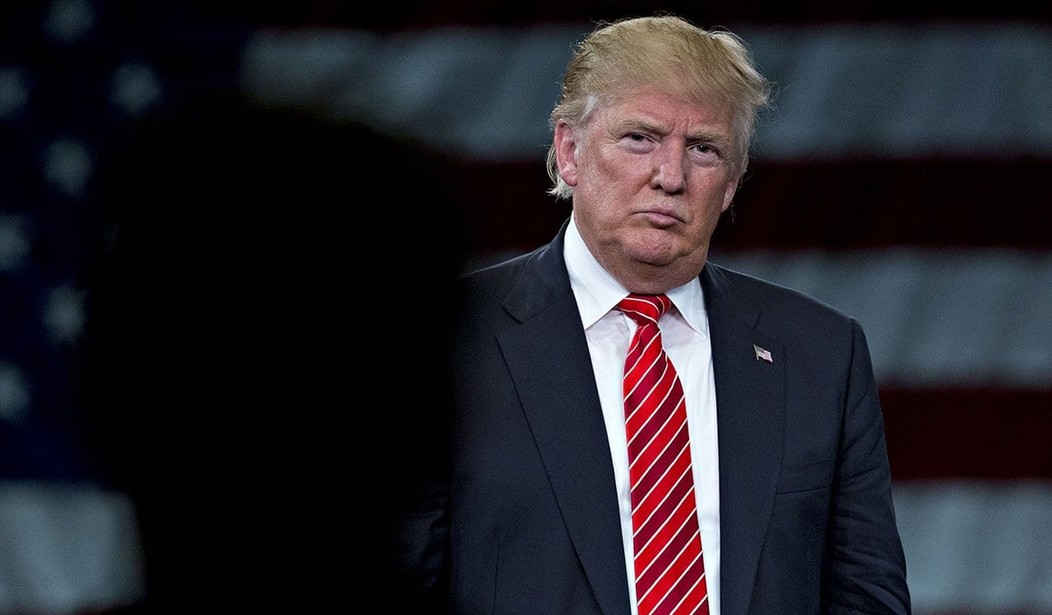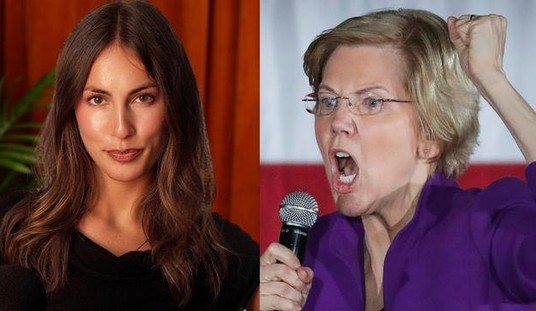A vast majority of Republican Party activists, strategists, and operatives in swing states want Donald Trump to drop out of the presidential race, according to a Politico survey.
“I’d rather take our chances with nearly anyone else than continue with this certain loser who will likely cost the Senate and much more,” an anonymous New Hampshire Republican told the magazine. Seventy percent of those surveyed said they want The Donald to end his presidential campaign and be replaced with another GOP candidate. Few of them think this is a real possibility, however.
Only 2 percent said Trump is likely to drop out, while 40 percent said it was unlikely but possible, and 58 percent insisted that The Donald will stay in until Election Day.
Nevertheless, the insiders insisted that Trump will do huge damage to the party. “The effect Trump is having on down-ballot races has the potential to be devastating in November,” said a Florida Republican. “His negative image among Hispanics, women and independents is something that could be devastating to Republicans.”
Trump has given no indication he is considering dropping out, but media reports say Republicans are considering the rules in case it were to happen. According to a vacancy rule, the 168-member Republican National Committee would select a new nominee, and could reconvene the national convention, although that seems unlikely.
Insiders suggested a few potential replacements, such as House Speaker Paul Ryan — whom one Florida operative called “the only one who can unite the party — and Ohio Governor John Kasich. Texas Senator Ted Cruz (the runner-up in the primary) and Indiana Governor Mike Pence (Trump’s running mate) would also be likely options.
But connected swing state Republicans aren’t kidding themselves — they compared the likelihood of The Donald dropping out to winning the Powerball. Another consideration would also hold them back from advocating this goal publicly.
“While I would love for Trump to drop out and anyone else to take the mantle, that kind of talk will only harden his supporters,” an Ohio Republican confided. “We cannot let them think we stole this from them. There has never been a better example of ‘damned if you do, damned if you don’t.'”
While most of those surveyed say their preference was a Trump exit, a few insisted they actually want him to stay in the race. They argue the party would heal better after The Donald loses in November.
“Trump won the nomination. He should lose fair and square,” a Michigan insider said. “Only then will the party base have to reckon with what they’ve done.”
“I want Trump to feel the blame for his loss, not put it on the doorstep of ‘the Establishment,'” an Iowa Republican declared. He predicted that rumors of The Donald dropping out will only get louder. “Talk of Trump dropping out will reach a fevered pitch next week, when his poll numbers bottom out. We need to brace ourselves.”
Hillary Clinton currently leads Donald Trump by 6.7 percent in the RealClearPolitics average. She also leads (by 6.6 percent) in a four-way race including Libertarian Gary Johnson and Green Party candidate Jill Stein.
Next Page: Why a Trump defeat should not be blamed on the Tea Party.
Insider talk of blaming a Trump loss on “the party base” suggests a terrifying trend among the “establishment.” Many have compared the Tea Party movement to Donald Trump’s insurgency — nothing could be further from the truth.
Yes, The Donald campaigned against the party’s leadership. Yes, Trump denounced those leaders for not opposing President Obama enough. But The Donald is no true believer in limited government, or in the principles of the Tea Party.
Pure ideological conservatives in the 2016 race favored a few candidates, but eventually rallied behind Ted Cruz. Trump won by bringing in non-traditional Republicans and by tricking the media into giving him its undivided attention. His tactics mimic those of the hated “establishment” much more than those of the mistrusted Tea Party.
If Trump becomes president, it is the ideological conservatives — senators like Ted Cruz, Mike Lee, Rand Paul, congressmen like Justin Amash, Steve King, and Louie Gohmert — who will be most likely to oppose his less conservative policies. If we were to categorize Trump in the (false) dichotomy of Tea Party or “establishment,” he would easily fall into the latter category.
If Trump loses in November, it will not be the defeat of the Tea Party, nor should the Tea Party be blamed. Yes, that movement sparked an insurgency against the feckless “establishment,” which The Donald cunningly manipulated to his benefit, but he himself is not a member of it.
Trump still might win in November, and chances are quite small he would voluntarily pull out of the race. Even if he did, a potential replacement nominee must essentially thread the needle by reaching out to Trump’s supporters, the Tea Party, and the “establishment” — the pro-business Republicans more willing to compromise.
The Donald likely remains Republicans’ best chance at winning the White House in November, but that is looking far less likely these days.









Join the conversation as a VIP Member